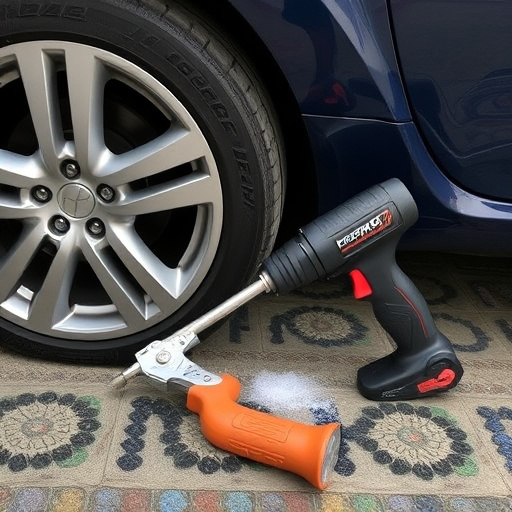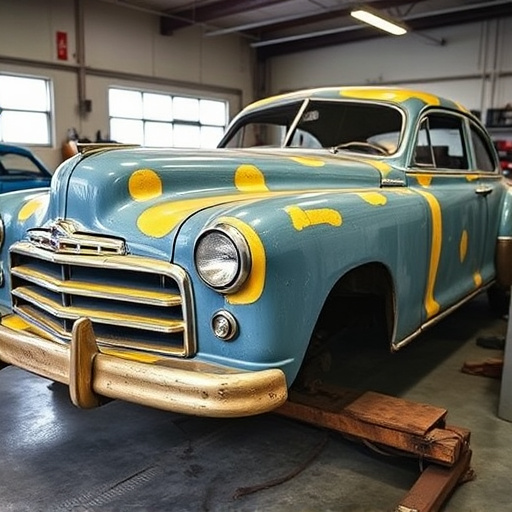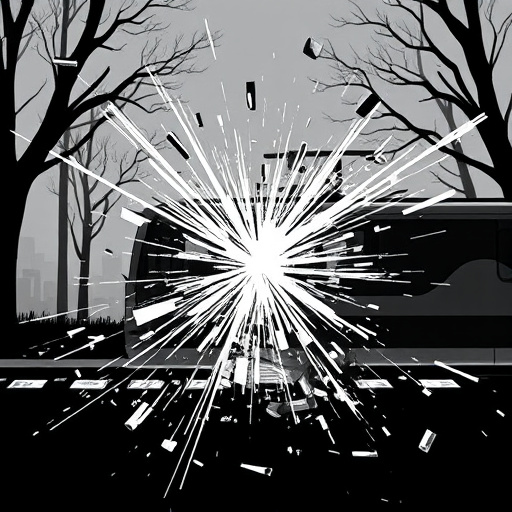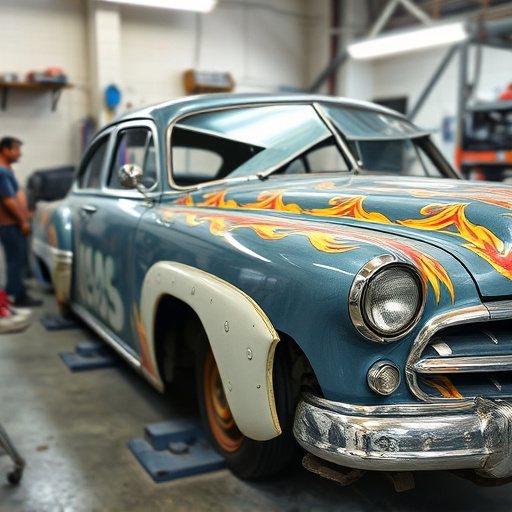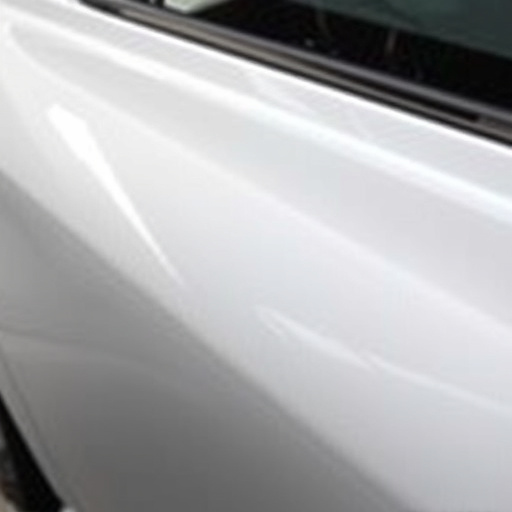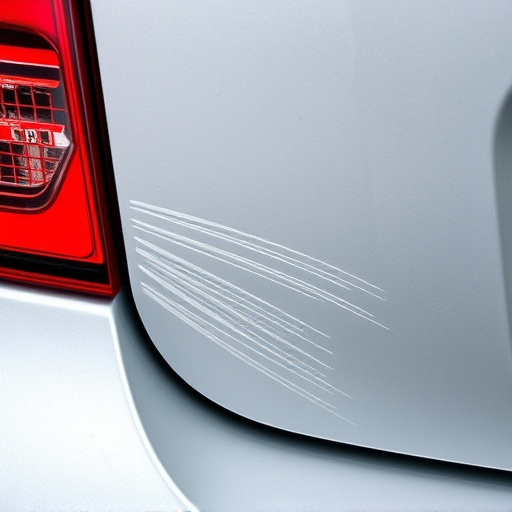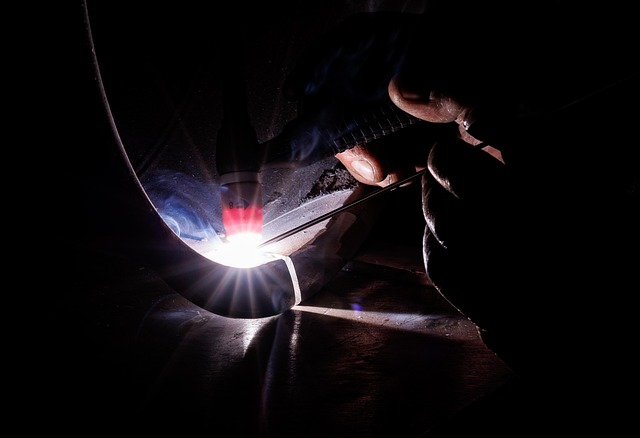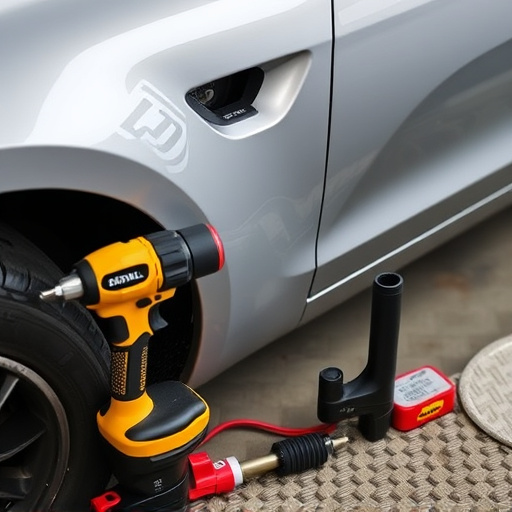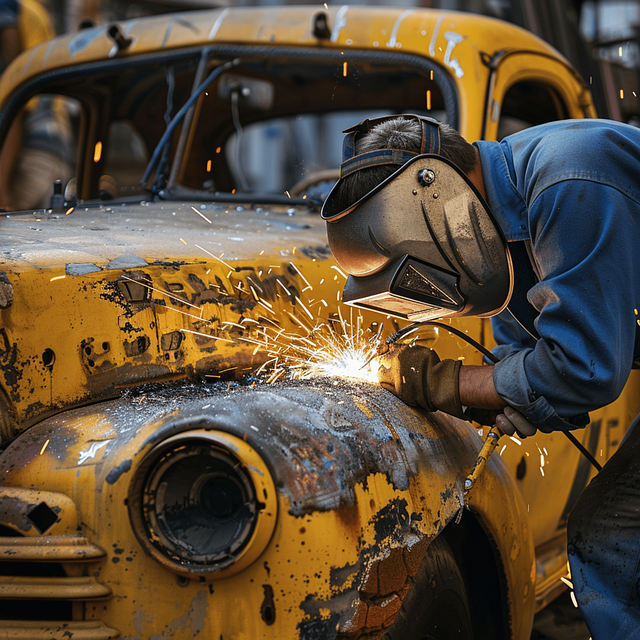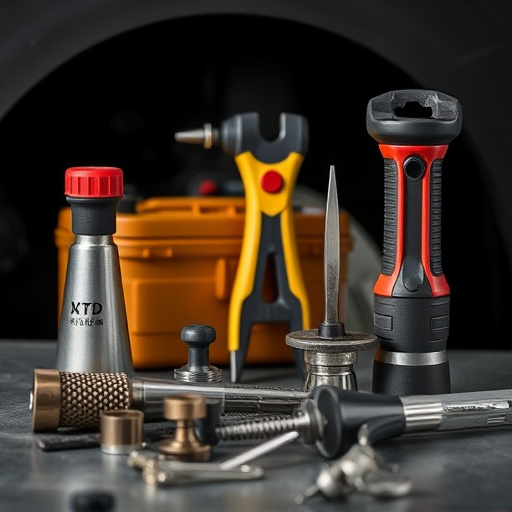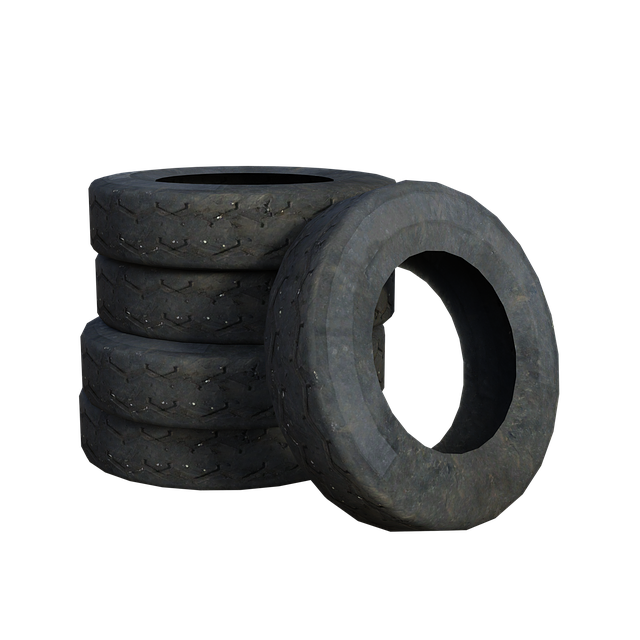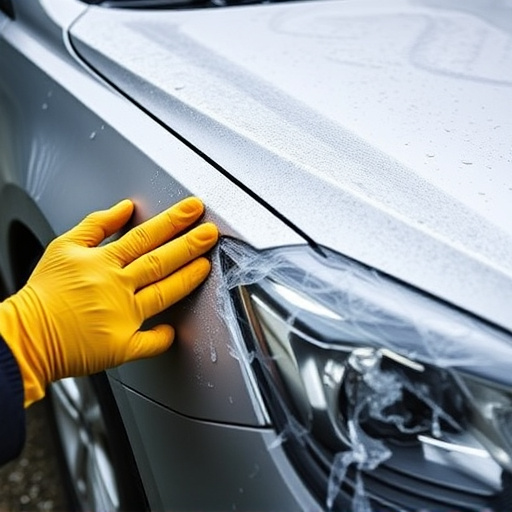Car make, model, age, condition, and damage type significantly impact total loss assessments. Luxury cars and older models may face higher restoration costs. Specialized bodywork services cater to unique components and conditions. Skilled technicians consider all factors for accurate appraisals, ensuring successful restoration across various vehicle types.
“Uncovering the intricate relationship between car type and total loss appraisals is crucial for both insurers and policyholders. This article explores how varying car makes, models, ages, and damage types significantly influence final valuations. From high-end sports cars to older classics, each vehicle brings unique considerations. We delve into the factors that contribute to accurate total loss assessments, ensuring fair compensation for all parties involved. Understanding these nuances is key to navigating the complexities of automotive insurance claims.”
- Car Make & Model: A Key Factor in Total Loss
- Vehicle Age & Condition: Impacting Appraisal Accuracy
- Type of Damage: Specifics Matter for Final Valuation
Car Make & Model: A Key Factor in Total Loss
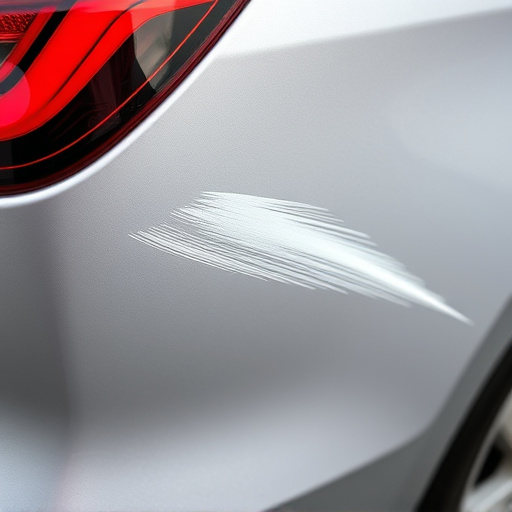
When conducting a total loss assessment, one of the most significant factors considered is the car make and model. Each vehicle has unique features, designs, and parts that can dramatically impact repair costs and overall value. For instance, luxury cars often have specialized components and advanced technology that may be more challenging and expensive to replace compared to more conventional models.
Additionally, certain makes and models are known for their durability and longevity, which can influence the restoration potential of a damaged vehicle. The availability of genuine parts and the expertise required to perform auto body repairs also vary across different car brands, affecting the overall feasibility of repairing a total loss vehicle. This is where specialized car bodywork services come into play, as they have the necessary skills and access to specific components to restore vehicles back to their pre-accident condition, sometimes even surpassing original factory standards through expert vehicle restoration techniques.
Vehicle Age & Condition: Impacting Appraisal Accuracy
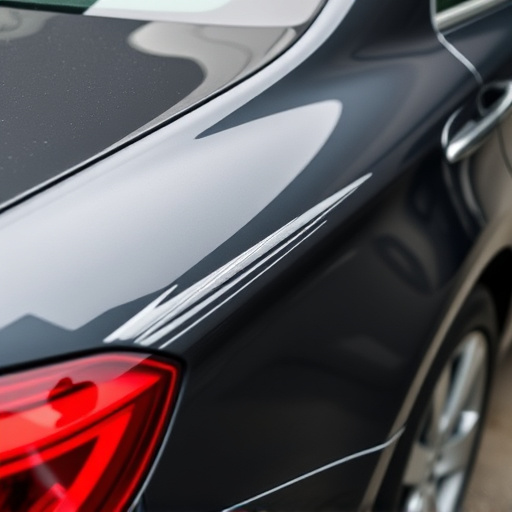
The age and condition of a vehicle play a significant role in total loss assessments. Older cars often have a lower resale value due to depreciation, which can impact the overall estimation of loss during an appraisal. A car’s history, including any previous accidents or major repairs, is crucial information for assessors as it provides insights into its current state and potential future maintenance needs.
In the realm of automotive collision repair and body shop services, condition assessment is a meticulous process. Assessors need to consider factors like rust, paint jobs, and overall structural integrity. A well-maintained vehicle with minimal damage might require less extensive repairs, thereby affecting the appraisal differently than a car that has undergone multiple accidents, necessitating significant restoration efforts, or ‘car restoration’ in severe cases.
Type of Damage: Specifics Matter for Final Valuation
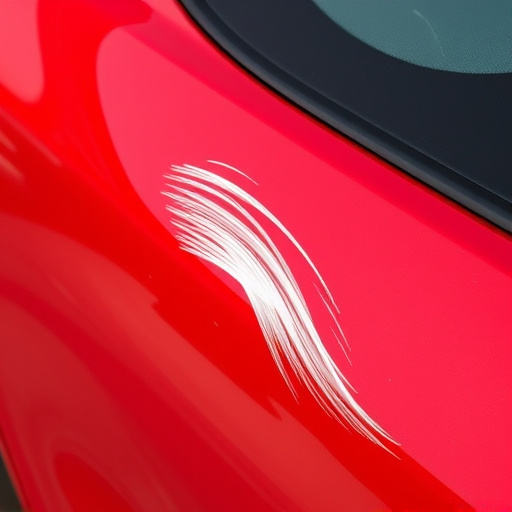
When assessing a total loss, the specific type of damage sustained by the vehicle plays a pivotal role in the final appraisal. Each car model, whether it’s a sleek sports car or a classic sedan, has unique characteristics that can significantly impact its value after repairs. For instance, extensive damage to intricate components like engine parts or specialized systems found in hybrid vehicles may require more specialized knowledge and resources for repair, potentially influencing the overall cost of restoration.
Moreover, the aesthetic appeal of a vehicle is closely tied to its market value. Damage to exterior panels, such as dented body panels or chipped windshields, can affect the final look and thus the perceived worth of the car. In contrast, interior damage like stained upholstery or cracked dashboards may not be as visually striking but still demands attention during the repair process. Skilled technicians in automotive collision repair and classic car restoration are adept at handling these variations, ensuring that the vehicle’s original condition is closely replicated for a successful total loss assessment.
When it comes to determining a fair and accurate total loss assessment, understanding the intricate relationship between car type, age, condition, and damage is paramount. By factoring in these key elements, appraisers can navigate the complexities of various vehicle profiles, ensuring a precise evaluation. This, in turn, facilitates a smoother claims process for all parties involved, ultimately streamlining post-loss procedures.
